5 Ways You're Ruining Your Body After 55, Say Experts
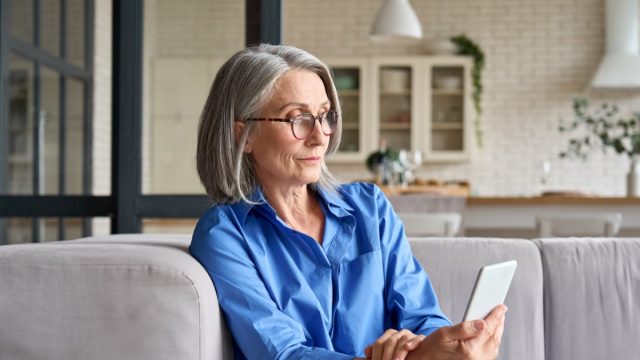
As we age, our health needs change, and while our 50s are still young, noticeable differences in our bodies start happening. Taking care of our health is vital to living a quality life in later years, so all our bad habits really begin to take a toll. Body Network spoke with Sean Marchese, MS, RN, a registered nurse at The Mesothelioma Center with a background in oncology clinical trials and over 15 years of direct patient care experience, who shared four unhealthy things to stop doing after 55 and why.
What Changes Can People Expect After 55?
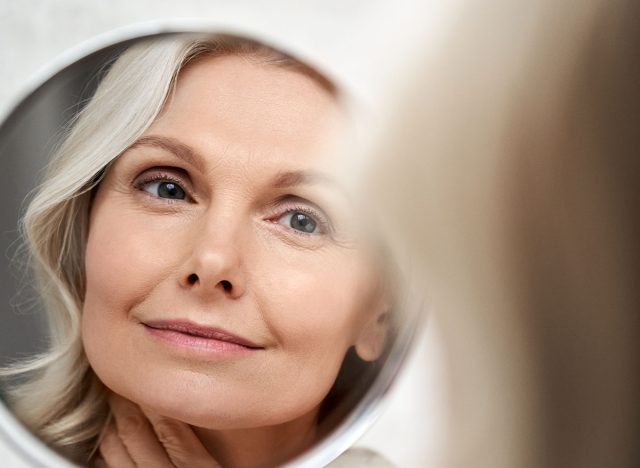
Marchese tells us, "As your body changes with age, some differences, such as hair loss or graying, may be noticeable—however, other signs, such as skin changes or heart disease, maybe more subtle. People over 55 start to notice difficulty falling asleep or staying asleep. Women who have gone through menopause may have lower energy levels or are more at risk for bone fractures. Muscles in the pelvis become weaker, leading to unexpected urinary incontinence. Vision changes after 55 include dry eyes, loss of night vision, or limited color perception. Hearing ability may decrease, as well. Regardless of how you notice your body changing later in life, it's always important to check in with your doctor regularly to catch any early illnesses or prevent any loss of function."
Avoiding Exercise and Activity
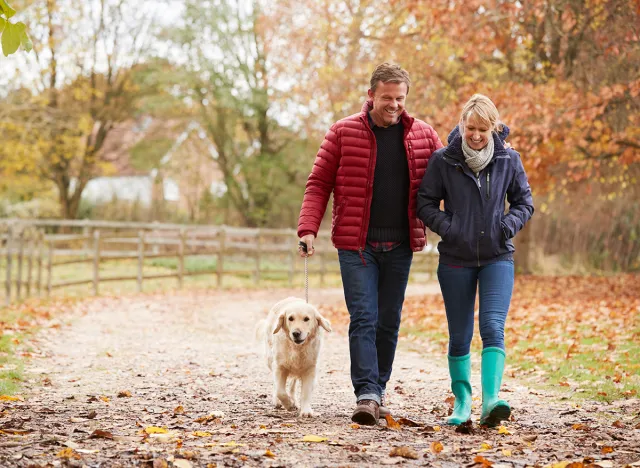
Marchese reminds us that " a sedentary lifestyle can lead to a higher risk of heart attack, stroke, cancer, dementia, and diabetes for people over 55 years old. The American Heart Association recommends that older adults aim for about two and a half hours of moderate-intensity or 75 minutes of vigorous exercise weekly. If you're unsure which exercises are appropriate for your age or health condition, consult with your doctor, who can guide you on the most appropriate activities."
Related: 6 Simple Exercises For Beginners to Look and Feel Better
Missing Essential Vaccinations

"Adults over 55 years old have a less active immune system than younger people, making them more susceptible to contagious infections, such as pneumonia and influenza," Marchese says. "Everyone should aim to receive the flu shot annually unless contraindicated by a doctor, but older adults shouldn't assume that's enough. Doctors recommend that adults over 55 also receive shingles, meningitis, and pneumonia vaccines. Vaccines are safe and effective, and complications from these illnesses could be severe."
Self-Isolation
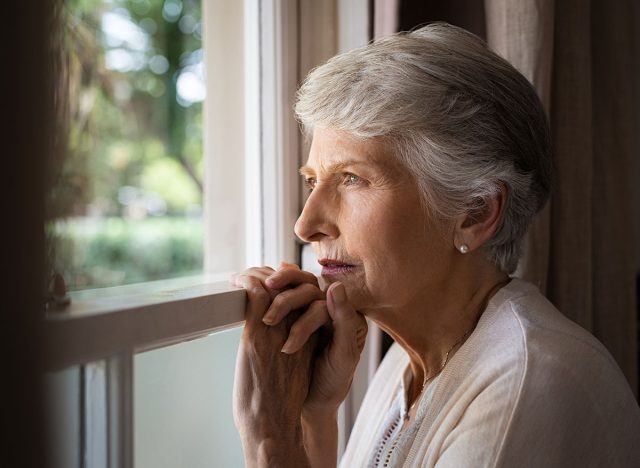
Marchese shares, "Unfortunately, self-isolating and quarantine have become commonplace terms since the COVID-19 pandemic. Over time, this type of social isolation can affect older adults' mental and physical health. One study reported that loneliness in people over 55 years old can have the same adverse effects as smoking 15 cigarettes daily and can also increase the risk of dementia. If you feel lonely, look for online groups or start video calls with friends and families. Your doctor may be able to connect you with resources for socializing or group therapy, as well."
Related: 15 Quick Ways to Lose Body Fat Percentage in a Week
Settling for Poor Sleep
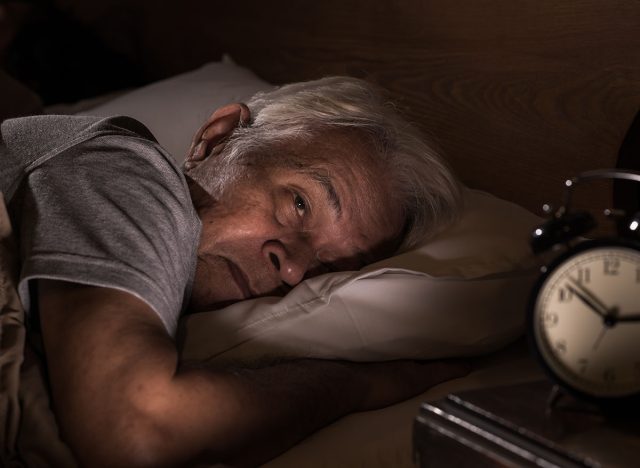
Marchese says, "People over 55 years old may have difficulty falling asleep or staying asleep, but insomnia should not be considered a normal part of aging. Inadequate sleep can reduce immune system effectiveness and increase the risk of heart disease and certain cancers. Older adults require between seven and nine hours of good-quality sleep every night. If you haven't slept enough, consider changing your bedtime routine or sleep environment. Reduce light sources (except safety lights such as in the bathroom) and consider adding a white or brown noise machine near the bed. Make your bedtime routine a regular habit and avoid screens in bed. If you're still having trouble sleeping, consult with your doctor about other changes you could make or medicinal solutions."
💪🔥Body Booster: Stay active to reduce health risks as you age. Aim for at least 2.5 hours of moderate exercise or 75 minutes of vigorous exercise each week.




